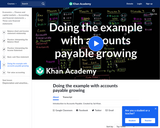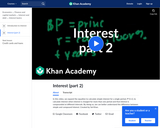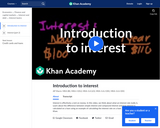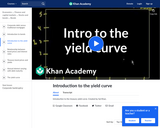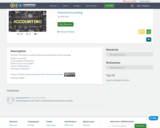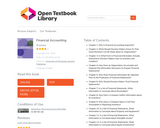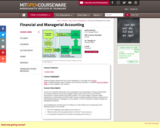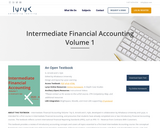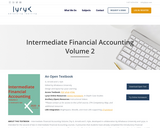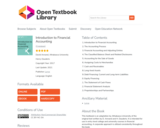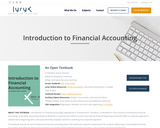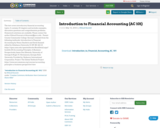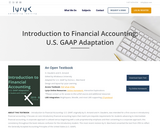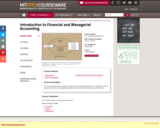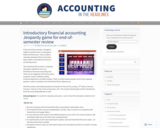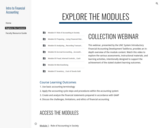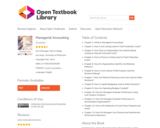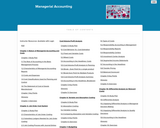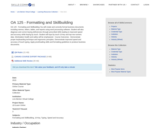Kurt Heisinger and Joe Ben Hoyle believe that students want to learn accounting in the most efficient way possible, balancing coursework with personal schedules. They tend to focus on their studies in short intense segments between jobs, classes, and family commitments. Meanwhile, the accounting industry has endured dramatic shifts since the collapse of Enron and WorldCom, causing a renewed focus on ethical behavior in accounting. This dynamic author team designed Managerial Accounting to work within the confines of today's students' lives while delivering a modern look at managerial accounting.
Managerial Accounting was written around three major themes: Ready, Reinforcement, and Relevance. This book is aimed squarely at the new learning styles evident with today's students and addresses accounting industry changes as well.
Ready. Your students want to be as efficient as possible in their learning. This book adopts a concise, jargon-free, and easy-to-understand approach that is ready with concise sections and concepts when the student is ready to study in a format the student wants. Key concepts are provided in short segments with bullet points and step-by-step instructions to simplify concepts. This thoughtful, step-wise approach will help your students avoid distractions and focus attention on the big picture.
Reinforcement. Managerial Accounting boasts “Review Problems” at the end of each major section or learning objective which offers practical opportunities for students to apply what they have learned. These “Review Problems” allow students to immediately reinforce what they have learned and are provided within the body of the chapter along with the solutions.
Relevance. Why is managerial accounting important? Since all students perform better when they can answer the “why” question, meaningful references to companies throughout the chapters help students tie the concepts presented in each chapter to real organizations. In addition, realistic managerial scenarios present an issue that must be addressed by the management accountant. These will pique your students' interest and were designed to show how issues can be resolved using the concepts presented in the chapter. Finally, “Business in Action” features in Managerial Accounting link managerial decision-making to real business decisions to help your students complete the learning cycle from concept to accounting decision, to real-world application.
Managerial Accounting by Heisinger and Hoyle also contains a handful of other pedagogical aids to complement your lectures and help your students come to class prepared. From a focus on decision-making to end-of-chapter materials that can only be characterized as very deep and very wide, to ethics coverage, group projects, and spreadsheet applications—these features allow you to teach the course you want to teach and assign the materials you like to assign.
